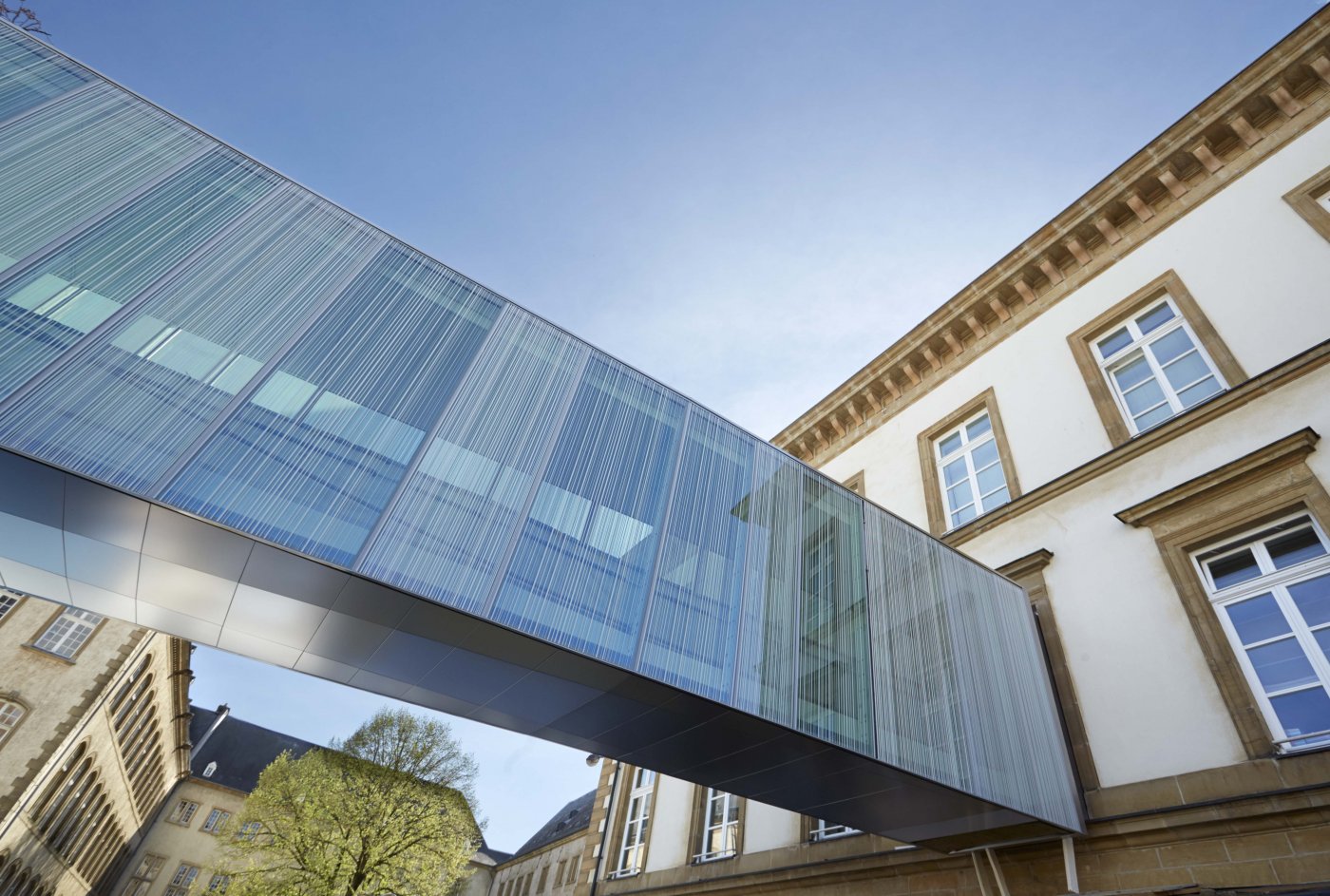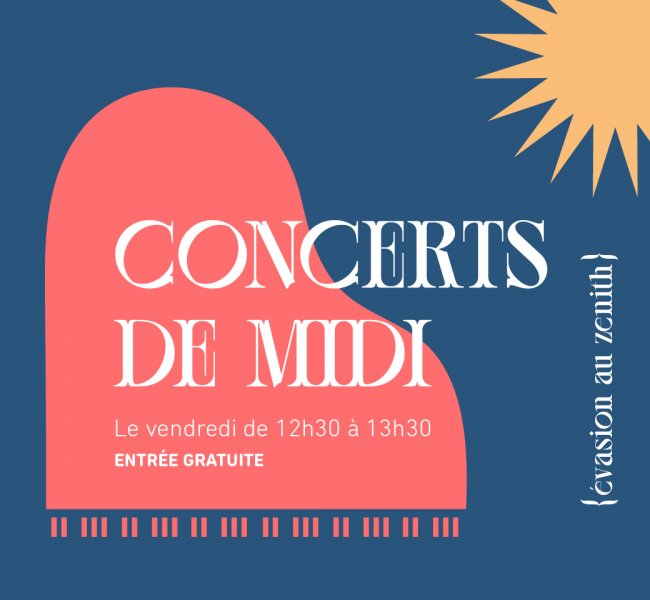Summary record
Video
"Pour le libre choix médical" (Medical Freedom) demonstration
QUESTION POSED BY ROY REDING
In a letter dated 22 April 2022, the City notified the organisers of the "Lëtzebuerger Biergerkollektiv" that the "Medical freedom" demonstration scheduled for 30 April 2022 would have to be held as an assembly in Place de Paris, even though the organisers wanted to stage a march from Luxembourg Central Station to Place d'Armes. The City did not share its reasons for this decision, and instead referred people to the police if they had any questions.
Who is behind this flagrant restriction of the right to protest? What prior discussions took place with the Ministry responsible for the police (Ministère de la Sécurité Intérieure?
What technical concerns and political considerations led to this decision, bearing in mind that there were half a dozen police officers at the venue, which suggests that the police were not expecting the event to pose a high risk to public safety?
It is common knowledge that the demonstrators' political views on medical freedom differ from those of the College of Aldermen and the parties represented in the government. To what extent did political interests play a role in confining this demonstration to a venue located on the edge of the city centre, even though other demonstrations have been allowed to take place without such restrictions?
RESPONSE PROVIDED BY MAYOR LYDIE POLFER
The decision to limit the demonstration area to Place de Paris was taken in consultation with the Grand Ducal Police because another demonstration was being held at the same time at Place Clairefontaine, and that demonstration was also an assembly. As mayor, I took this decision based on Article 2 of the general regulations on public order and safety (Règlement général de police) of 26 March 2001. The police had suggested this approach for organisational reasons – namely, to ensure that both demonstrations could run smoothly and to avoid any risk of spillover. The police always reach out to demonstration organisers. The City always respects the right to protest and freedom of speech.
"Aktioun Bambësch" 2022
QUESTION POSED BY CHRISTA BRÖMMEL
This year, participation in "Aktioun Bambësch" is reserved for children in Cycles 1.2 to 4.2, while children in Cycle 1.1 will be received in foyers scolaires.
Why can't children in Cycle 1.1 participate in "Aktioun Bambësch" 2022? How were parents notified of this change? Can children in Cycle 1.1 also participate in holiday activities based on learning through play (Spielpädagogik), which are different from the usual activities proposed at foyers scolaires and which, for the most part, take place outdoors, in the forest and in natural surroundings? In concrete terms, what options will be available to children in Cycle 1.1? In past years, foyer scolaire staff were called on to help with "Aktioun Bambësch" activities because foyers scolaires are closed in the afternoons. How is staffing being organised this summer for "Aktioun Bambësch" and foyers scolaires? How many children in the different age groups are enrolled in "Aktioun Bambësch" 2022? How have the numbers changed from past years (pre-COVID)?
RESPONSE PROVIDED BY ALDERWOMAN COLETTE MART
"Aktioun Bambësch" 2022 is not geared towards children in Cycles 1.0 and 1.1 because of organisational and safety factors related to the method of transport used (bus), the large number of older children on-site, and the way the activities are organised. These conditions are too stressful for young children. The foyers scolaires are open from 7:30 to 18:00 to accommodate children in early learning and Cycle 1.1 during the weeks when "Aktioun Bambësch" is in session. During that time, the foyers scolaires are closed in the afternoons for older children.
Parents were notified of this new organisation through notices on the operation of the City's foyers scolaires in 2022-2023, CAPEL's enrolment forms for "Aktioun Bambësch" and the corresponding website. Children in Cycle 1.1 can participate in holiday activities based on learning through play. Educational teams provide children in Cycles 1.0 and 1.1 with an extensive, varied programme of activities, including many outdoor activities in forests and other natural surroundings. The foyers scolaires serve as the home base for the various activities and for snacktime and rest.
The foyers scolaires are open from 7:30 to 18:00 for children in Cycles 1.0 and 1.1, and from 7:30 to 14:00 for children in Cycles 1.2 to 4.2. Enrolment has been stable since 2017, with a slight increase for Cycles 1.2 and 2.1, and a slight decline for the other cycles.
"Gielt Band – Hei dierft Dir plécken" initiative
QUESTION POSED BY CLAUDIE REYLAND
Every year large amounts of ripe, unpicked fruit rot on trees. These apples, pears, plums, etc., are therefore wasted food. In September 2021, the Ministry of Agriculture, Viticulture and Rural Development (Ministère de l'Agriculture, de la Viticulture et du Développement rural) teamed up with Syvicol to launch the "Gielt Band – Hei dierft Dir plécken" campaign. Orchards are ecologically important biotopes and serve as habitats for many animal species – such as birds and bees – some of which are now endangered.
It is imperative that we reduce food waste and expend more effort on educating residents about consuming local products.
How many orchards does the City have? How many fruit trees are located in public spaces, and where are they exactly? Does the City intend to introduce more orchards on its own lands, and promote their development? Has the City sought expert advice in this matter? Are there plans to plant fruit trees in the city's parks? What resources have been mobilised for the upkeep of orchards and fruit trees? Is the City involved in the "Gielt Band – Hei dierft Dir plécken" initiative? Are pupils in the City's public schools involved?
RESPONSE PROVIDED BY ALDERMAN PATRICK GOLDSCHMIDT
The City currently has 361 fruit trees in Luxembourg City. The trees are located in Rue Jean-Pierre Biermann, Rue de Chicago, Avenue Gaston Diderich, Montée de Dommeldange, the Pétrusse Valley, Rue Plaetis, Rue des Sept-Arpents (Devashaff and Eicherfeld), Rue Raoul Follereau and Rue Van der Meulen.
The upkeep of the City's orchards is handled by the staff of the Service Parcs (Parks Department) and Service Forêts (Forestry Department). Donkeys and sheep graze in many of the orchards. In 2021, the City undertook an initiative to inventory the municipal orchards. The municipal fruit trees were catalogued based on several features – including location, type of fruit, development phase and cut status, and features that promote biodiversity – in order to provide a suitable internal tool.
Based on this mapping, there are plans to partner with natur&ëmwelt ASBL to identify the varieties growing in municipal orchards, estimate their production potential, and develop operational value chains (particularly for LUGA 2025).
Through an agreement signed with SIAS, the City will be able to receive advice on eco-friendly approaches to managing and operating the orchards.
Additional fruit trees will be planted in the new Gasperich Park and potentially in the area around the Plateau du Rham. The Service Forêts has also planned to develop an orchard on the site of the educational farm in Rodenbourg.
The City applauds the "Gielt Band" campaign launched by the Ministry of Agriculture, Viticulture and Rural Development, and has explored the possibility of taking part in it. Owing to its busy schedule, the City was not able to take part in the campaign in 2021. A decision was taken to adopt a different approach to conducting the campaign, most notably for safety reasons, as some fruit hang very high in the trees.
Ultimately it was decided to organise two weekends dedicated to fruit harvesting in autumn 2022. During those weekends, residents will be able to enter City orchards to pick fruit off trees marked with a yellow ribbon, and City representatives will also be there. The Service Forêts organises fruit-picking and apple juice-making activities for schoolchildren in the orchards.
Assessment and promotion of the Carloh carsharing scheme
QUESTION POSED BY FRANÇOIS BENOY
On 14 March 2022, the Ministry of Mobility and Public Works (Ministère de la Mobilité et des Travaux publics) organised a workshop in Luxembourg City on carsharing. One Swiss operator and one German operator (from Bremen) talked about how successful carsharing has been in their countries. In Bremen, one carsharing vehicle has replaced 16 private vehicles.
In 2019, the City of Luxembourg's municipal council approved a €2.86 million capital increase to further promote the Carloh service. During the related discussions, I suggested that the Commission de la mobilité urbaine (Urban Transport Committee) and the municipal council be given regular updates on the promotion of carsharing. This suggestion was never followed up on.
Are certain utilisation metrics of the Carloh scheme being measured, such as, for example, the number and geographic distribution of customers, vehicle use broken down by day, time slot and station, and the overall revenue and expenses? How did these metrics change between 2019 and 2021?
How was the additional capital granted by the municipal council invested? What is the breakdown of budget items for new vehicles, marketing, administrative expenses and maintenance expenses?
Communication on the Carloh scheme is still inadequate. How does the College of Aldermen intend to improve communication on the Carloh scheme?
During the conference I mentioned earlier, a recommendation was made to introduce a roaming option for users of the Carloh and Flex services that would allow Carloh customers to use Flex vehicles and vice versa. What is the College of Aldermen's position on this recommendation? This kind of partnership would help improve customer service and increase the utilisation rate of the vehicles.
RESPONSE PROVIDED BY ALDERMAN PATRICK GOLDSCHMIDT
Carloh had 865 members, the majority of whom live in Luxembourg City. The utilisation rate was very low: depending on the station, between 3.4% and 15.25% on weekdays, and between 4.84% and 29.19% on the weekend. The least used stations will be relocated. Detailed station-by-station data will be shared with the members of the municipal council.
The revenue of Carsharing Luxembourg SA was €256,608.57 in 2019, €316,846.11 in 2020, and €362,977.29 in 2021. Despite this growth, Carsharing Luxembourg s.a.'s 2021 financial statements show a loss of €398,000. The Flex scheme is also running a large deficit.
Carsharing Luxembourg s.a.'s 2021 budget included the following items: €186,000 for 35 vehicles (amortised over four years, including maintenance and repairs, fuel, taxes, etc.); €145,000 for the 24-hour call centre, bimonthly cleaning, towing, etc; €104,000 for on-board software technology; €27,000 for infrastructure costs (offices, office supplies and equipment); €39,000 for station rental and maintenance; €23,000 for marketing (website, campaigns, domain licences, etc.); and €237,000 for payroll charges.
Analyses conducted by international groups have concluded that a carsharing scheme in Luxembourg City cannot be profitable. This would be true even if there were only one operator, yet there are two in the country. It would therefore be wise to consolidate the two existing operators, either by merging them into a single group, or by creating interoperability. The two operators have discussed this matter at length, but it is currently impossible to introduce a roaming option due to fundamental differences in the on-board software and technologies they use.
However, the two operators will continue to seek ways to forge closer ties in the coming years. We still need to determine the amount of public funds that can be reasonably invested in these schemes. The City would like to increase the number of users, who should be able to continue enjoying affordable prices.
The €2.5 million capital increase will provide the capital required for the next six or seven years. In 2019 and 2020, a large-scale communication campaign was run for six months, at a cost of around €100,000.
The campaign drew new members, but 80% of them cancelled after a year. Operators such as Cambio have found that word-of-mouth is much more effective than advertising campaigns. The City plans to use social media to improve communication on the Carloh scheme. Flyers will also be distributed to new residents at the Bierger-Center.









